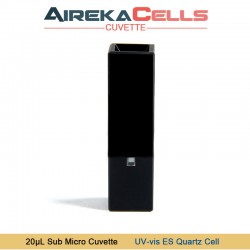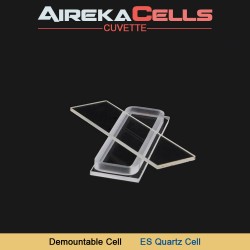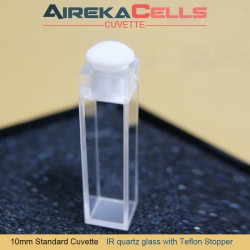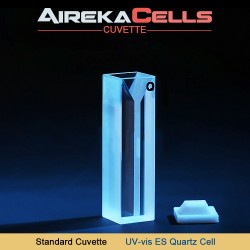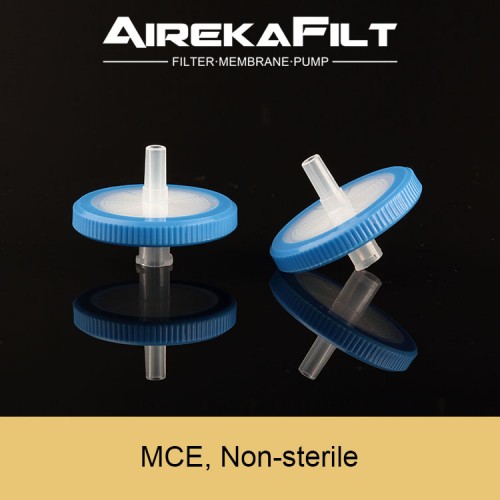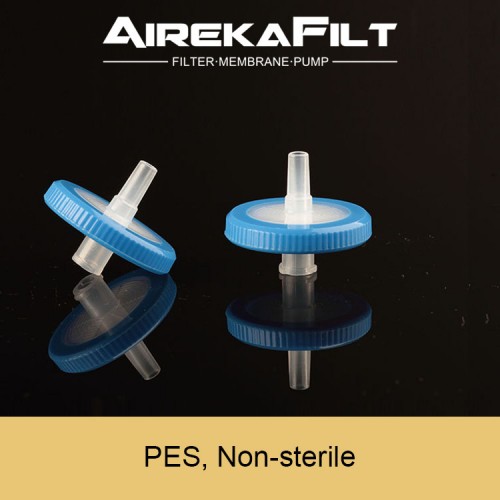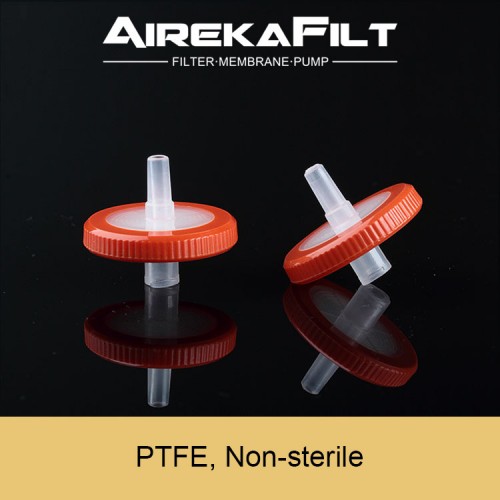Syringe Filter Membrane Selection Guide
Syringe Filter Membrane Selection Guide
When filtering samples, it is important to use the correct membrane for your application. This guide should help you determine which membrane is most suitable for your requirements.
To find suitable filters by chemical, see our chemical compatibility guide.
Browse our full range of Syringe Filters or select a membrane below.
Mixed Cellulose(MA)
Cellulose acetate is a very low protein binding membrane that is ideal for aqueous based samples. It is a lower protein binder than PVDF membranes.
Use with: Aqueous samples
Don't use with: Organic solvents
Nylon
Nylon membranes are extremely low in extractables and mechanically very strong. They possess good thermal stability up to 50°C.
Use with: Bases, Most HPLC solvents, Alcohols, Aromatic Hydrocarbons, THF
Don't use with: Acids, Aggressive Halogenated hydrocarbons, protein samples (Nylon is a high binder)
Polyethersulphone (PES)
Polyethersulphone is a hydrophilic membrane that has very low protein binding and high flow characteristics. It is also certified for ion chromatography. Polyethersulphone is more heat resistant than most membranes, although care should be taken with any solvent at high temperatures as the casing of the filter may soften.
Use with: Strong bases, alcohols, proteins, peptides
Don't use with: acids, ketones, esters, halogenated or aromatic hydrocarbons
PTFE
Polytetrafluoroethylene (PTFE) membranes are chemically resistant to virtually all solvents, acids and bases. The membrane is very low in extractables and has an excellent thermal stability. PTFE is hydrophobic and requires prewetting prior to use with aqueous solvents.
Use with: Aggressive solvents, strong acids, alcohols, bases, aromatics
Don't use with: Aqueous samples without prewetting (causes high backpressure)
PVDF
Polyvinylidene difluoride is a hydrophilic membrane that is suitable for most filtration purposes. It has a broad chemical compatibility and is a low protein binder.
Use with: Alcohols, weak acids, proteins, peptides and other biomolecules
Don't use with: Some strong acids, bases, esters, ethers or ketones










